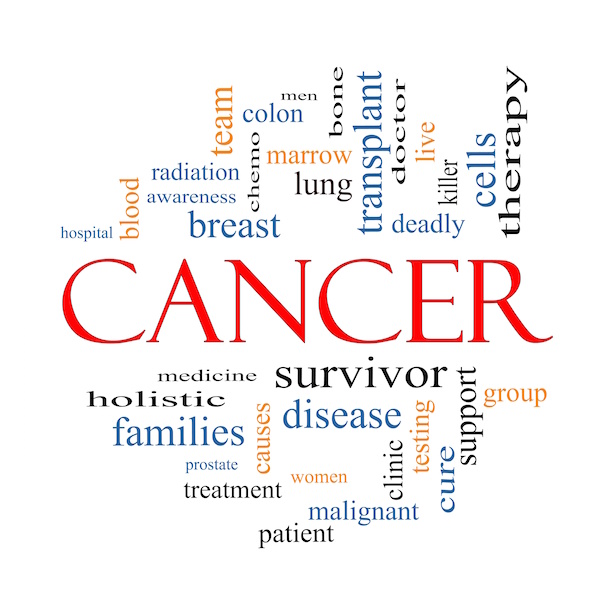
THURSDAY, May 20 (HealthDay News) — Cancer survivors who participated in a month-long program in the ancient art of yoga reported enhanced quality of life, better sleep, less fatigue and less need for sleep medications.
“This is a readily applicable approach that improves quality of life and reduces medicine intake in cancer survivors. This is a real positive,” said Dr. Douglas W. Blayney, president of the American Society of Clinical Oncology (ASCO). “This is also a creative application of scientific technique to complementary and alternative medical approaches. This applies real science.
“There is an increased importance of amelioration of the complications of therapy in long-term cancer survivors,” added Blayney, who is medical director of the Comprehensive Cancer Center at the University of Michigan. “There are literally millions of patients to whom this might be applicable.”
The results of the trial, the largest randomized, controlled study on this topic to date,
are to be presented at ASCO’s annual meeting, being held in June in Chicago.
Some 80 percent of cancer patients have trouble sleeping while undergoing treatment, and about two-thirds say the problems persist after treatment ends.
Despite these large numbers, few solutions exist.
The study authors involved 410 cancer survivors, average age 54, who had finished treatment two to 24 months before and who still reported greater-than-average sleep disruptions. Almost all of the participants were women, and three-quarters had had breast cancer, although the cancer had not spread. None had done any yoga in the past three months.
Participants were randomized either to receive regular follow-up care for cancer survivors or to receive regular care plus two 75-minute sessions of yoga per week for four weeks.
“We pulled components from gentle Hatha yoga and restorative yoga,” explained study author Karen Mustian, an assistant professor of radiation oncology and community and preventive medicine at the University of Rochester Medical Center in New York. “The actual components of each class included seated, standing, transitional and supine postures, and breathing exercises known as pranayama.”
Emphasis was on breathing from the diaphragm rather than the chest and on mindfulness, visualization and guided meditation, she explained.
Yoga participants reported an improvement in sleep quality of 22 percent, while controls reported an improvement of only 12 percent, Mustian said.
Thirty-one percent of participants in the yoga group who had started out with clinically impaired sleep quality recovered vs. only 16 percent in the control group.
Fatigue in the yoga group was decreased by 42 percent, compared with only 12 percent in the control group.
Yoga participants reduced daytime sleepiness by 20 percent as compared to only 5 percent in the usual care group.
Quality of life improved, on average, 6 percent in the yoga group and not at all in the other group.
While the yoga group was able to get by with less sleep medication, people in the control group actually used more.
“It is possible that gentle Hatha yoga classes and restorative yoga classes might be useful to cancer survivors in communities across the U.S. in helping with side effects of cancer treatment, which help create impairments in quality of life,” Mustian said. “What we can’t say at this time is that other forms of yoga, such as heated, or more rigorous types of yoga would be effective in mitigating these side effects or be safe for cancer survivors.”
More information
The American Cancer Society has more on cancer survivorship.

